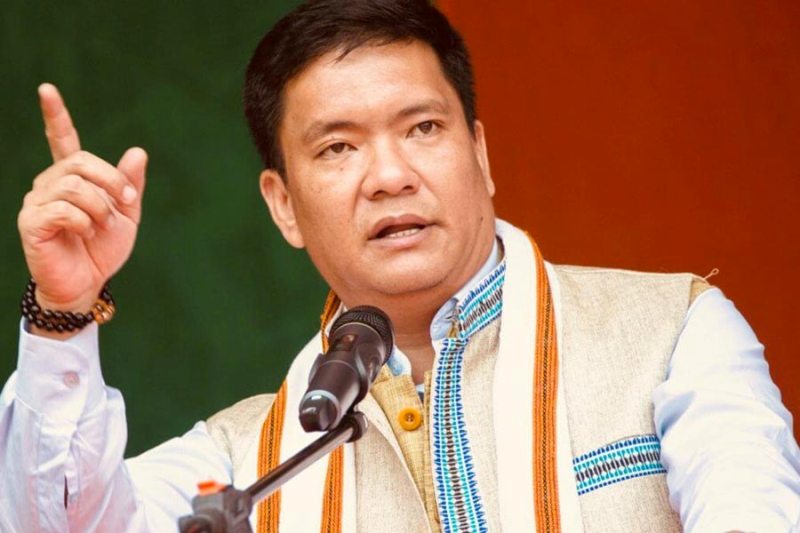Itanagar: The Indigenous Faith and Cultural Society of Arunachal Pradesh (IFCSAP) has announced a mass rally on October 18, demanding the implementation of the Arunachal Pradesh Freedom of Religion Act, 1978, a law aimed at curbing religious conversions in the State.
The IFCSAP, which is leading the call, insists that the Act is not directed against any religion but seeks to preserve the state’s traditional belief systems and cultural heritage.
Seeking the implementation of the Act that has been in the cold storage for more than four decades, members of the IFCSAP and the Arunachal Pradesh Indigenous Affairs Council said Chief Minister Pema Khandu “must finish what Prem Khandu began in 1978”.
“The Act is not against any religion. It is meant to protect all religions and preserve the indigenous cultures of Arunachal Pradesh,” said IFCSAP president Emi Rumi.
The Act was first enacted under the tenure of former Chief Minister Prem Khandu Thungon, but was never implemented.
The indigenous organisations clarified that neither the Bharatiya Janata Party (BJP) nor the Rashtriya Swayamsevak Sangh (RSS) is behind the October 18 rally. They maintained that it is a people-led initiative by followers of native faiths such as Donyi-Polo and Rangfrah, seeking to safeguard their spiritual and cultural identity.
However, the Arunachal Christian Forum (ACF) has strongly opposed the law, terming it “discriminatory and divisive.” The group argues that the Act unfairly targets the Christian community and undermines religious freedom.
Members of this forum organised a massive rally in February after the Chief Minister said a directive from the Gauhati High Court necessitated its implementation. In September 2024, the Court directed the State government to finalise the draft rules of the Act within six months. The government has not framed the rules.
ALSO READ: Arunachal Pradesh: Itanagar admin issues Diwali guidelines, bans sale of non-green crackers
The Freedom of Religion Act has provisions for imprisonment and fines for those found guilty of converting people by force, inducement, or fraud.















